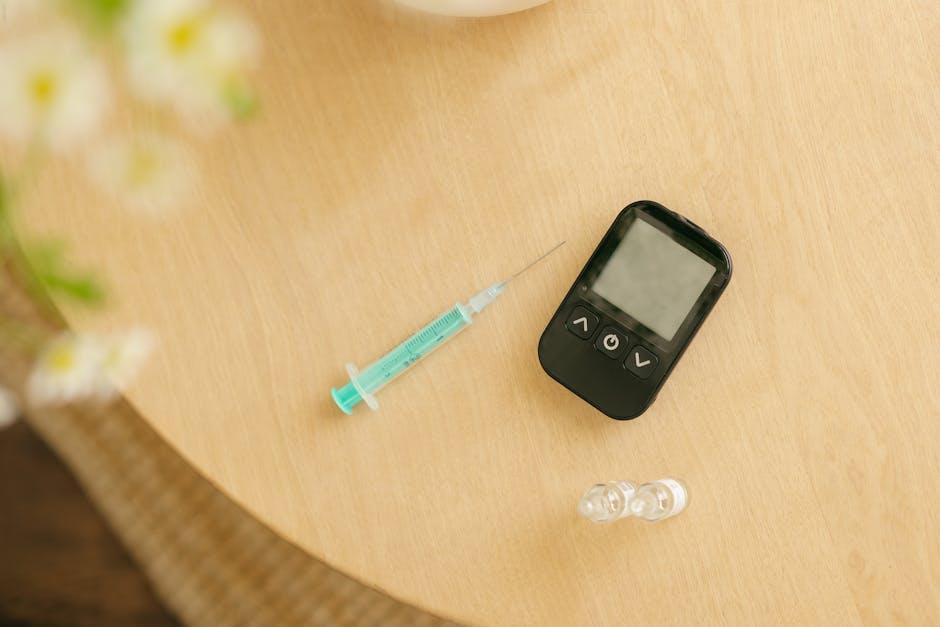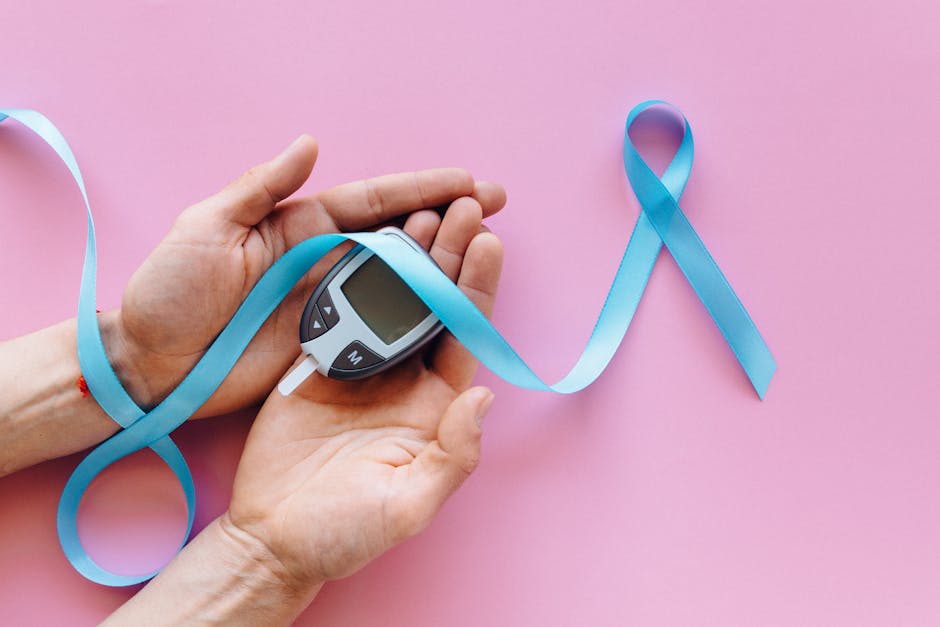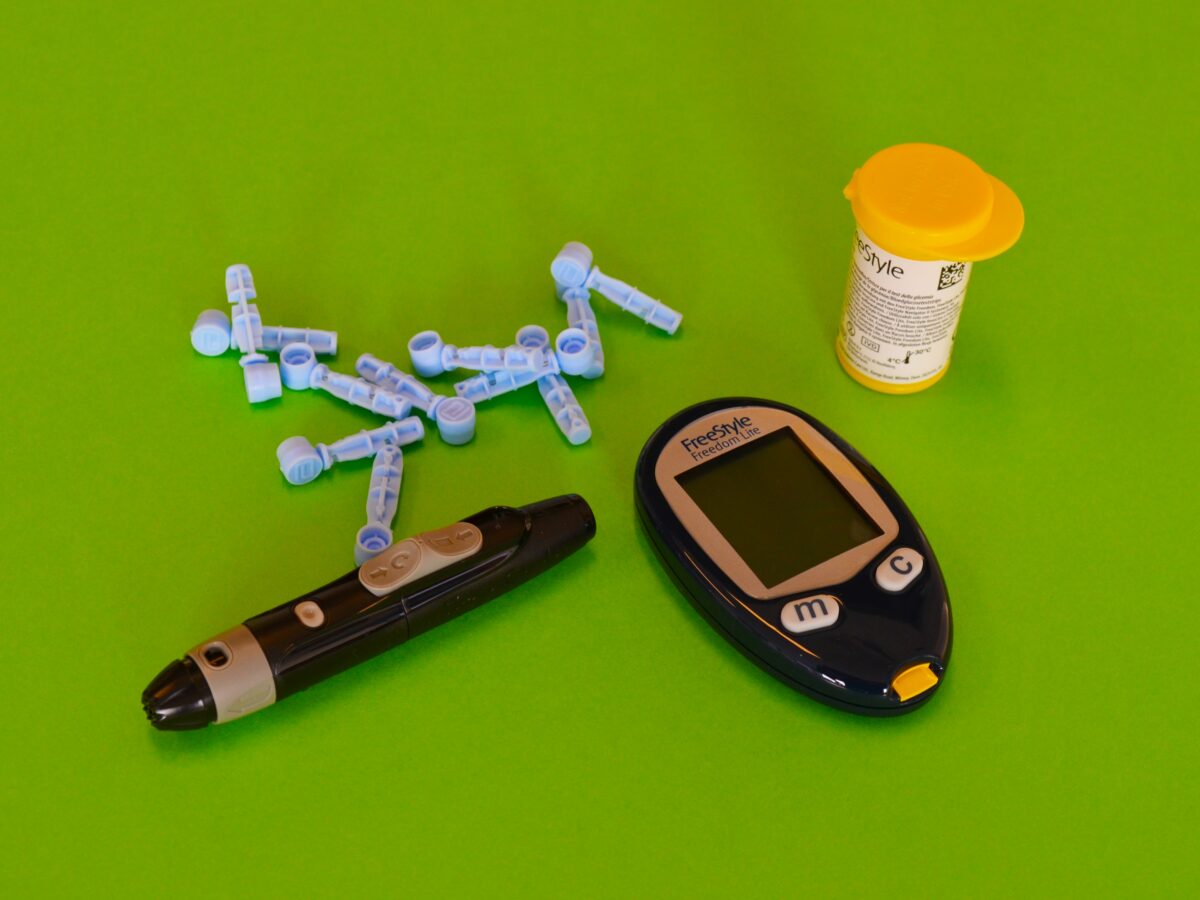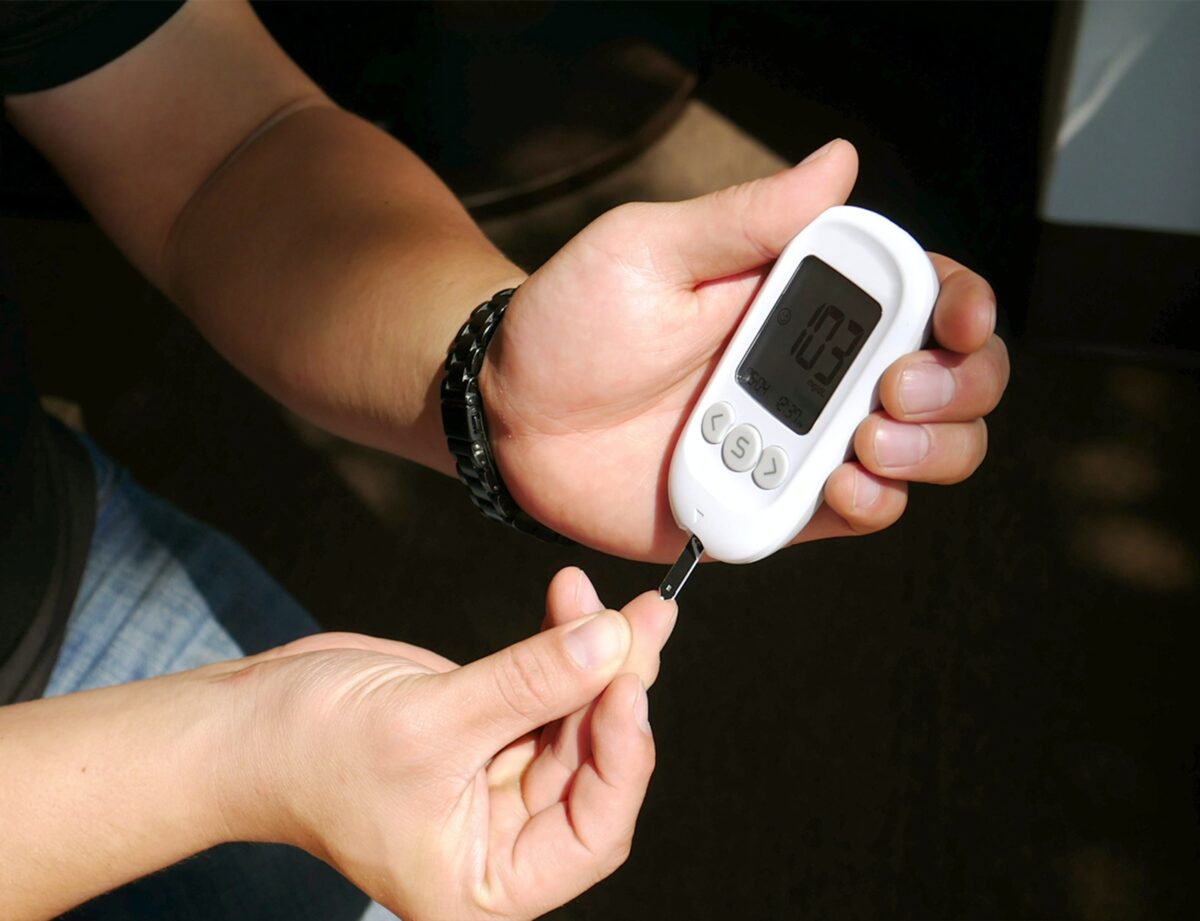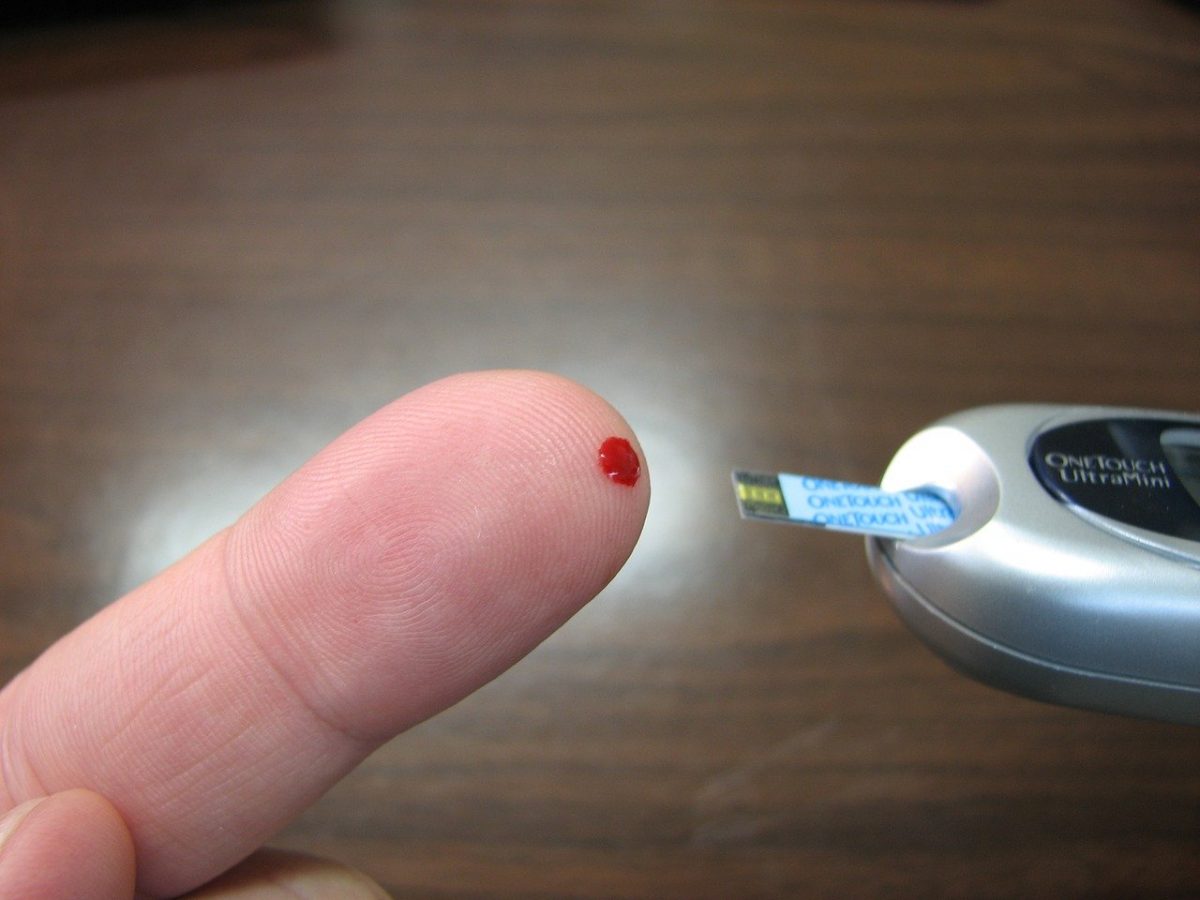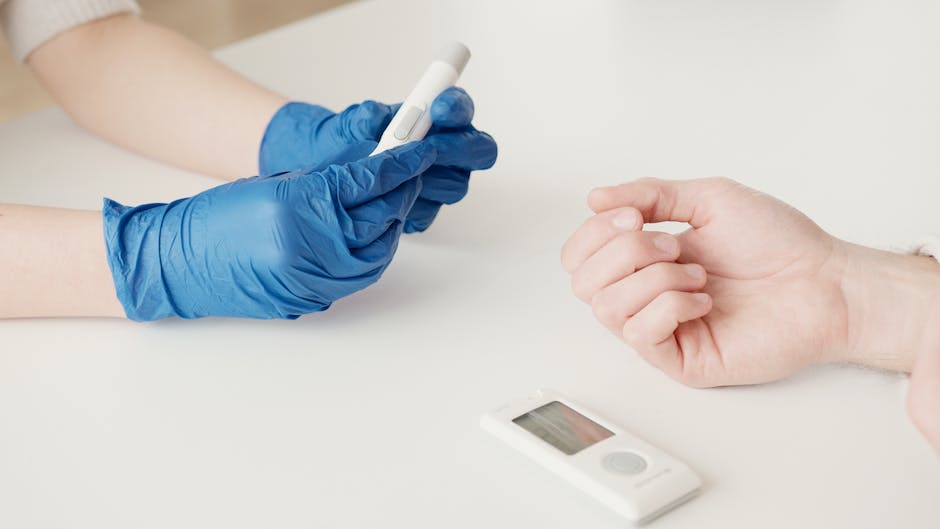Living with diabetes can be a challenging journey, filled with daily management, lifestyle changes, and emotional hurdles. Understanding the importance of diabetes support is crucial for those affected by the condition, including patients, families, and caregivers. Support can come in many forms, from healthcare professionals and support groups to friends and family members who provide encouragement and understanding. This network helps individuals feel less isolated and more empowered as they navigate their health.
One of the most significant aspects of diabetes support is the sharing of knowledge and resources. Many individuals living with diabetes may feel overwhelmed with information on diet, medication, and blood sugar monitoring. Having a support system enables them to access valuable insights from others who share similar experiences, making it easier to manage the complexities of diabetes. For instance, support groups often serve as a safe space where individuals can openly discuss their challenges, successes, and personal strategies, fostering a sense of community and belonging.
Moreover, emotional support plays a vital role in the overall well-being of someone diagnosed with diabetes. The mental strain of managing a chronic condition can lead to feelings of anxiety, depression, or frustration. Supportive friends, family members, and mental health professionals can help individuals cope with these emotions, promoting resilience and a positive outlook on life. Importantly, having someone to turn to when times are tough can make a significant difference in one’s ability to manage diabetes effectively.
In addition to emotional and informational support, practical assistance can also be invaluable in managing diabetes. This might include help with meal preparation, sharing shopping responsibilities, or accompanying someone to medical appointments. These acts of kindness not only ease the daily burden but also strengthen relationships. Ultimately, embracing diabetes support is essential for fostering a healthier, more balanced lifestyle for those living with the condition and their loved ones. By nurturing these connections, individuals can better navigate their diabetes journey with confidence and hope.
We Buy Unused Diabetic Test Strips and Supplies
If you would like to find out about earning cash for your unwanted, unused, and boxed test strips, complete our online quote form today.
If you have extra, unopened and unused boxes of diabetic test strips – whether you have switched brands, no longer need to test or test less frequently, or have a loved one who has passed away – don’t let them gather dust until they’ve expired and end up in the trash. We’re the best place to sell diabetic test strips online, and if you want to sell your test strips, we’re here to make the process easy and enjoyable!
Visit us at Sell Your Test Strips and get your free quote today!

